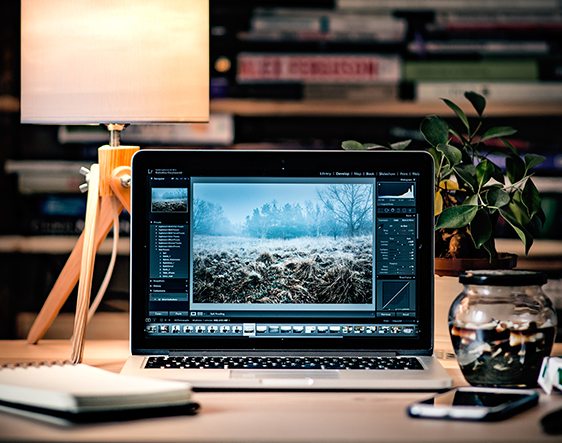When the latest UK productivity figures were unveiled in early October 2017, there was a collective gasp from city scribblers. Contributor, Bruce Daisley – Vice President of Europe for Twitter.
British productivity figures have been a source of embarrassment for a while but they missed even the most pessimistic projections. German workers achieve in 4 days what their British counterparts struggle to achieve in 5, is the oft cited jibe. Now the latest stats show that productivity has been going down for most of this year. The Germans might yet get to knock off on Thursday lunch.
Some commentators jumped to suggest that we were a nation of slouches craftily sneaking a peek at social media and gossip websites whenever the boss wasn’t looking. Any excuse to avoid working was the claim. But an investigation into the truth shows that it’s not quite so simple. Research for the Workforce Institute’s Always On report found that only 13.8 percent of us ever use social media at work – despite a vast majority of Brits being signed up – a timely reminder that for many Brits we often don’t have free access to the whole of the web – or for many even a desk to access it from.
The survey did find that the British workforce does lag behind with technology. Our workplaces lag behind other countries and they even lag behind the tech that we’re used to using at home. The CBI have suggested that maybe caution around Brexit is preventing many firms from investing to catch up with our continental competitors. Whatever the reason only 29.6 percent of the British workforce identify themselves as early adopters of the newest technology.
So what’s the solution? At their Annual conference, CBI President Paul Drechsler gave a call to arms. Yes, British businesses need to invest in new technology but also we needed to commit to improvements in management. Well the technology investment story is certainly a bad one. Britain ranks as one of the worst nations in the developed world for investment in industrial technology. As interest rates have spent a decade at record low rates, it’s hard to explain why the UK lags so far behind other nations but it stacks up as a plausible cause of the low productivity. Britain’s issues don’t begin and end with low technology.
Since the arrival of email on our phones, evidence suggests that the average working day has increased by 2 hours a day. Staying connected and being always on increases our communication links to our workplace but there’s a growing feeling that it isn’t adding to what we create. We aren’t achieving more by being constantly online.
Even when we’re given the scope to adjust the way we’re working, it’s not always achieving what we might hope. The Workforce Institute research show that as many as 57 percent of workers report being able to pursue ‘flexible working’ but only half of us report that we feel more productive as a result. So what’s the answer? In all sorts of workplaces it’s pretty clear that a debate about the way we’re working is long overdue. We’ve spent the last few years adding more and more to our working days. For all of us the expectations of what we need to stay on top of are higher than ever.
There are alternative ideas emerging, the US writer Cal Newport has won a lot of fans with his new book, Deep Work. Newport asserts that the idea we can achieve everything we need to do in a vast open plan space doesn’t actually consider the distractions that come with such environments. Productivity (and creativity) needs to come from concentration – or in his terminology, Deep Work. I spoke to Newport for my podcast on work culture, Eat Sleep Work Repeat. “I think the way that we’re approaching knowledge work now we’re now we’re going to look back at 15 years from now and say that was disastrously unproductive,” he told me. Cal believes we need to be permitted escapes from noise to deliver concentration. One of his methodologies for achieving this is what he styles as ‘Monk Mode Morning’ – the idea that we’d not come into our workplaces until 11 or 12 o’clock, having banked several hours of intensely focussed work. Whether Newport’s ideas will work for all workplaces, is obviously questionable. But as we’re faced with productivity stats that are bad and trending worse, the truth is that the solution lies in considering new management ideas and investing more in technology.









